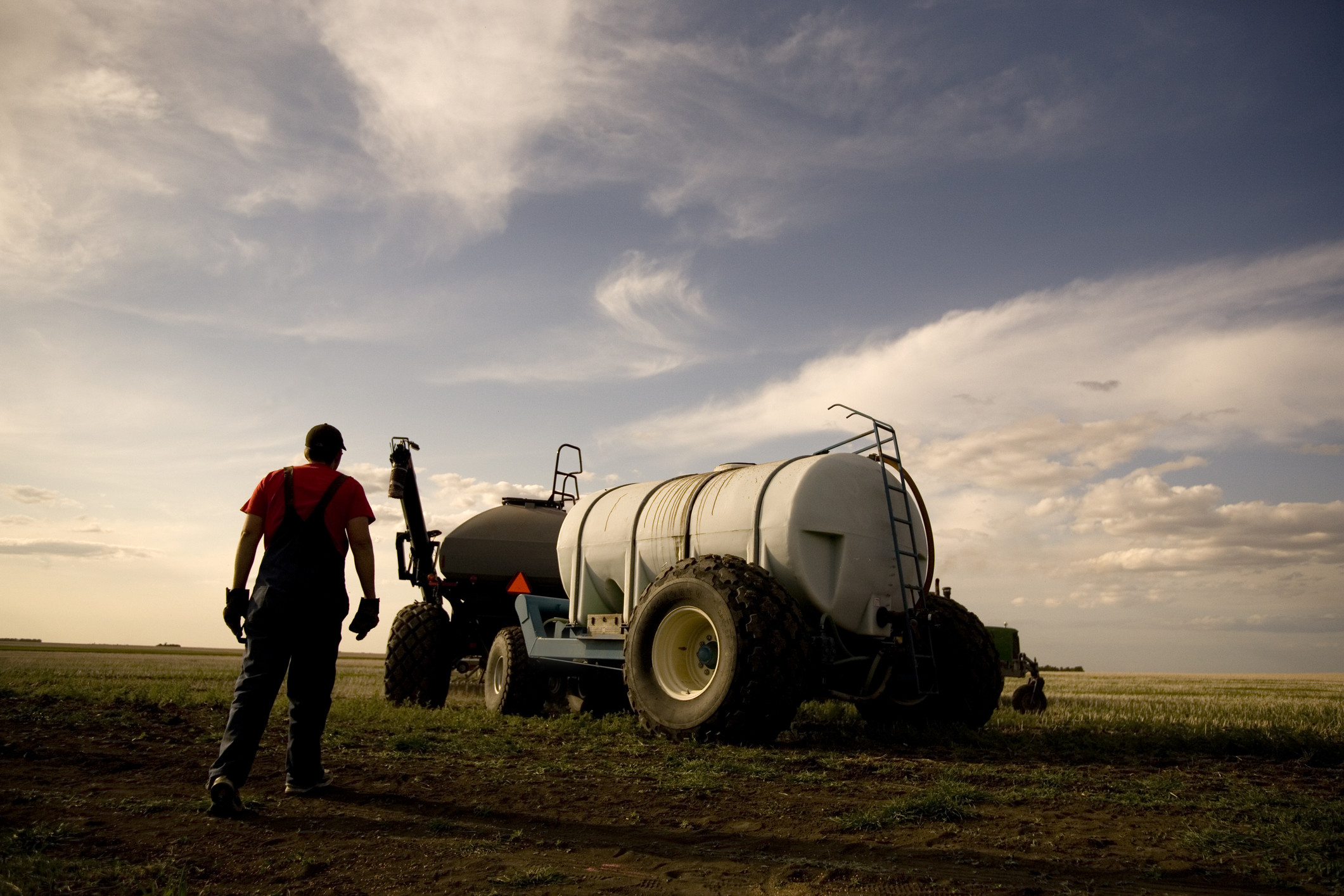Remember the thrill of eating that chalky astronaut ice cream as a child? There’s something futuristic about dehydrated food made in a factory.
But according to experts, the food of the future depends on something less engineered and more elemental: the soil. As Will Ortman, an organic farmer in South Dakota, asserts, “the future of food has a lot to do with the future of dirt.”
Ortman completely reinvented his family farm several years ago to adapt to the changing costs of growing and selling food. Once a conventional farm focused on growing one crop, corn, the Ortman farm is now an organic farm growing a variety of crops. Rather than focusing on the use of fertilizer and other chemical growing agents, the Ortmans now carefully create compost and develop new methods of tilling their land.
Ortman says he did it out of necessity; he was barely breaking even as a corn farmer but is now turning a respectable profit through organic farming. Farmers across North America are finding that the effects of climate change are wreaking havoc on traditional farming practices. Rainfall is extremely unpredictable and uneven, and too much or too little can wipe out a farm that focuses on a single crop.
As Dan Glickman, a former U.S. Secretary of Agriculture, says, “monoculture agriculture” is too vulnerable to climate change. To stay afloat today, “a good farmer has to be a good risk manager.”
It’s not unlike what any good financial advisor will tell you: to build a competitive stock portfolio, you have to diversify. Ortman and other farmers now grow a wide range of crops, so that if one doesn’t produce well, they have several others in their back pocket.
Why is it so important that farmers begin to look at their soil in new ways? The answer is simple: although climate change is making it more difficult than ever to grow food, we need more than ever. Humans will consume more food in the next 50 years than we did in the past 10,000 years combined. “Everything we eat comes from the soil,” Ortman says, “and the soil is a living organism.” David R. Montgomery, author of Dirt: The Erosion of Civilizations, tells us that history shows what happens if the soil is neglected: food shortages, widespread starvation, and the deterioration of entire populations. “The table is set, if you will, by the state of the land.”
To both adapt to climate change and to meet the constantly increasing demand for food, farmers will have to work together to develop a variety of production methods, and governments must come up with ways to reduce the gross amount of food that is wasted on a daily basis. It is estimated that about 35% of food produced is thrown away every day.
“A gadget isn’t going to solve this,” Will Ortman says. “It’s going to be an exchange of ideas.”


